When foreign enterprises report losses, transfer prices, and domestic production costs are artificially pushed up, domestic enterprises are squeezed in terms of prices, raw material supply, and access to export markets.
The fact that more than 50% of foreign-invested enterprises (FDI) reported losses, with the accumulated loss value reaching nearly 1 quadrillion VND, has caused public concern. The fact that FDI enterprises “fake losses, real profits” not only causes tax losses and distorts the market, but also greatly affects the development of domestic enterprises.
Competitive imbalance, domestic enterprises are being squeezed
Speaking to VietNamNet reporter , Mr. Nguyen Cong Cuong, Vice Chairman of Hanoi Association of Key Product Manufacturing Enterprises (HAMI), said that it is undeniable that FDI enterprises play a major role in contributing to exports, job creation and technology transfer. However, it is also necessary to pay attention to the fact that FDI enterprises report losses.
Referring to the transfer pricing tricks of many FDI enterprises, Mr. Cuong analyzed: When FDI enterprises transfer prices, domestic production costs are artificially pushed up, causing an imbalance in competition between domestic and foreign enterprises. Domestic enterprises are squeezed in terms of price, supply of raw materials and ability to access export markets.

When FDI enterprises report losses, the amount of corporate income tax paid to the budget is significantly reduced, while they still take advantage of Vietnam's infrastructure, human resources, and resources. This creates an injustice in financial obligations between FDI enterprises and domestic enterprises.
Mr. Bui Quang Cuong, Director of iViet Business Development Solutions Company Limited, shared: In Vietnam, FDI enterprises enjoy quite large tax incentives, especially corporate income tax, but there are still situations where they find ways to avoid paying taxes to minimize the amount of tax payable, or even not pay at all.
This creates an unfair “playing field” for Vietnamese businesses as they are often very tightly controlled regarding tax obligations.
“FDI enterprises are large in scale and enjoy tax incentives, so they have many advantages over Vietnamese enterprises. Vietnamese enterprises cannot transfer prices, leading to higher actual costs for production and business activities of Vietnamese enterprises, making them less competitive than FDI enterprises,” the director of iViet stated.
According to Mr. Nguyen Dinh Thang, Chairman of Hong Co Group, founding member of the Vietnam Association of Software and Information Technology Services (VINASA), it is time to prioritize internal strength, ensuring fairer competition between foreign-invested enterprises and domestic enterprises.
“There have been and are many FDI enterprises using ‘tricks’ to declare losses, in fact, fake losses, real profits, unfairly competing with Vietnamese enterprises. In joint ventures between FDI enterprises and domestic enterprises, if foreign-invested enterprises report fake losses and increase capital, and the Vietnamese side does not have enough money to contribute to maintain the same capital ratio, domestic enterprises will gradually become weaker,” Mr. Thang worried.
Proposal to put FDI enterprises reporting losses for more than 3-5 years on the "blacklist"
Vietnam has taken many measures to control transfer pricing, but Mr. Nguyen Cong Cuong assessed that transfer pricing control activities still have many limitations, such as the lack of standard data to compare market prices, making it difficult to determine transfer pricing; lack of specialized human resources in financial analysis, transfer pricing auditing...
In addition, the sanctions are not deterrent enough, so many FDI enterprises continue to take advantage of loopholes to evade taxes.
The Vice President of HAMI proposed to strengthen the classification of FDI enterprises with high transfer pricing risks for focused inspection, instead of widespread inspection. If an enterprise reports losses for more than 3-5 years but still expands production, it will be put on the blacklist for close monitoring.
On the other hand, it is necessary to build a standard internal transaction price database system for comparison, to avoid FDI enterprises declaring prices that are too low or too high to evade taxes; to upgrade the team of auditors specializing in transfer pricing to have the capacity to analyze the financial statements of multinational corporations.
At the same time, stronger international cooperation, deeper participation in global initiatives such as the OECD (Organization for Economic Cooperation and Development) Anti-Base Erosion and Profit Shifting for tighter tax administration.
The Chairman of Hong Co Group also recommended that there should be regulations on cutting incentives if FDI enterprises continuously report losses for many years.
In addition, it is necessary to strengthen inspection and control of real or fake losses through the support of technology with smart control solutions, such as requiring financial reports to be blockchainized. If the loss is real, it is accepted, but if the loss is fake, there are sanctions to handle it.
Meanwhile, iViet Director Bui Quang Cuong suggested that management agencies should study policy solutions so that FDI enterprises no longer think about transfer pricing, such as applying tax policies that they see as no more beneficial than paying taxes in Vietnam.
"By doing so, we can increase revenue for the state budget and perhaps increase opportunities to attract other FDI enterprises to Vietnam," said the director of iViet.
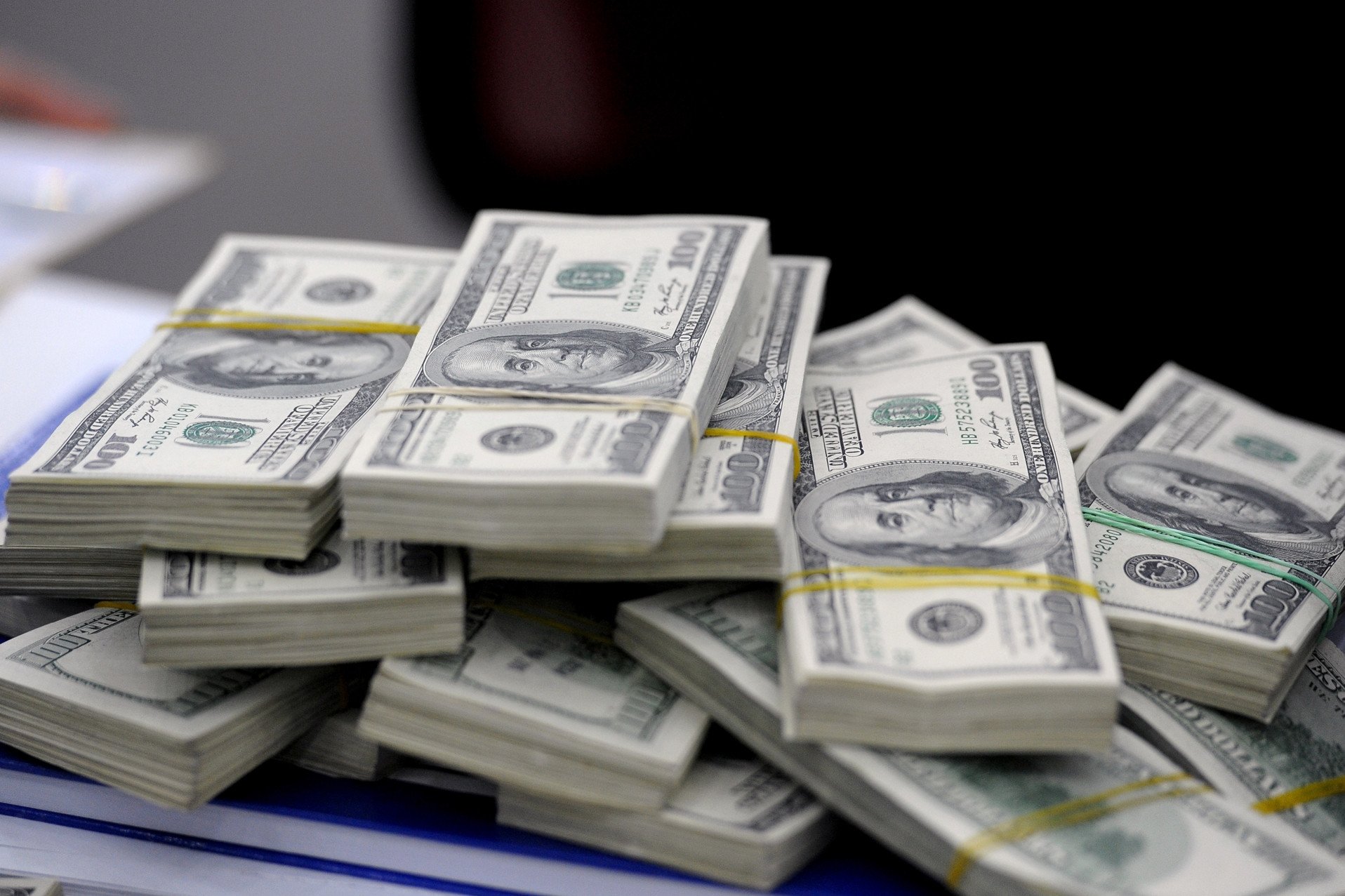
Foreign enterprises lose nearly a trillion in Vietnam, what are the signs of 'fake loss, real profit'?
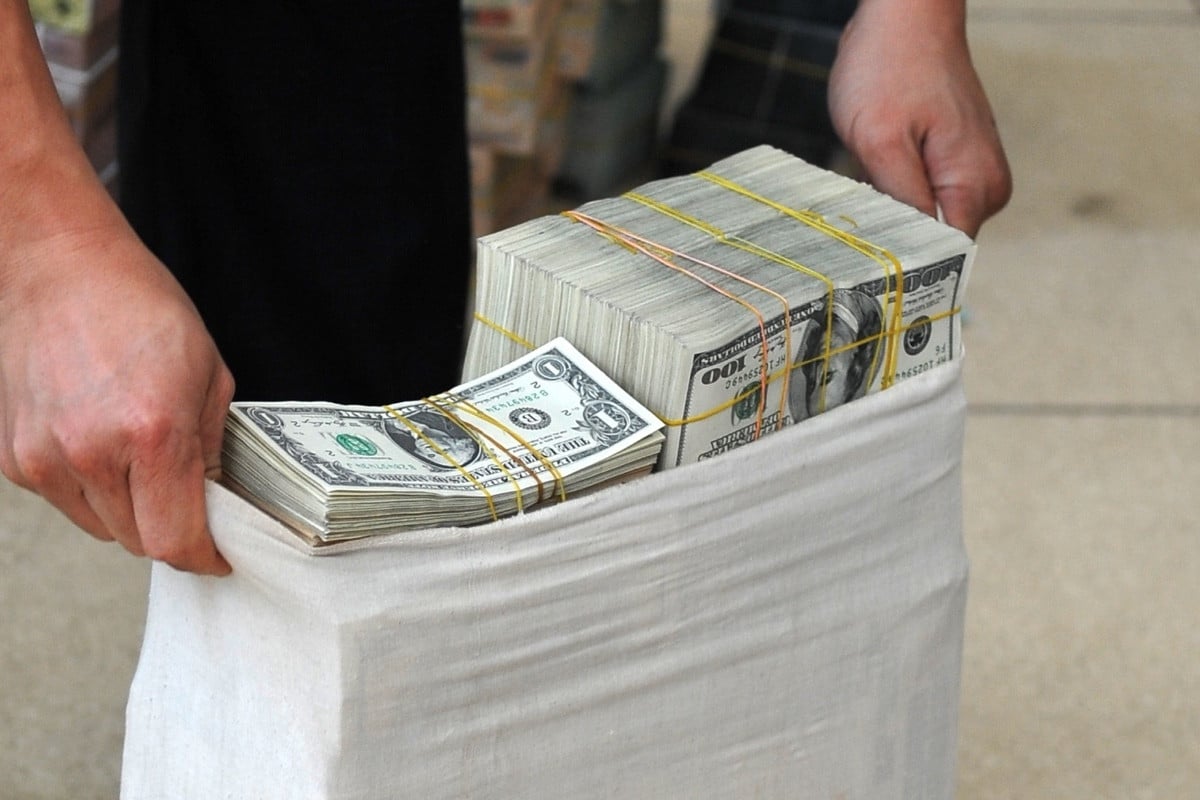
Revealing the dark side of foreign capital in Vietnam: Tens of thousands of enterprises lose nearly a million billion VND
Source: https://vietnamnet.vn/doanh-nghiep-noi-lo-lang-khi-doanh-nghiep-ngoai-dung-chieu-bao-lo-chuyen-gia-2373466.html
















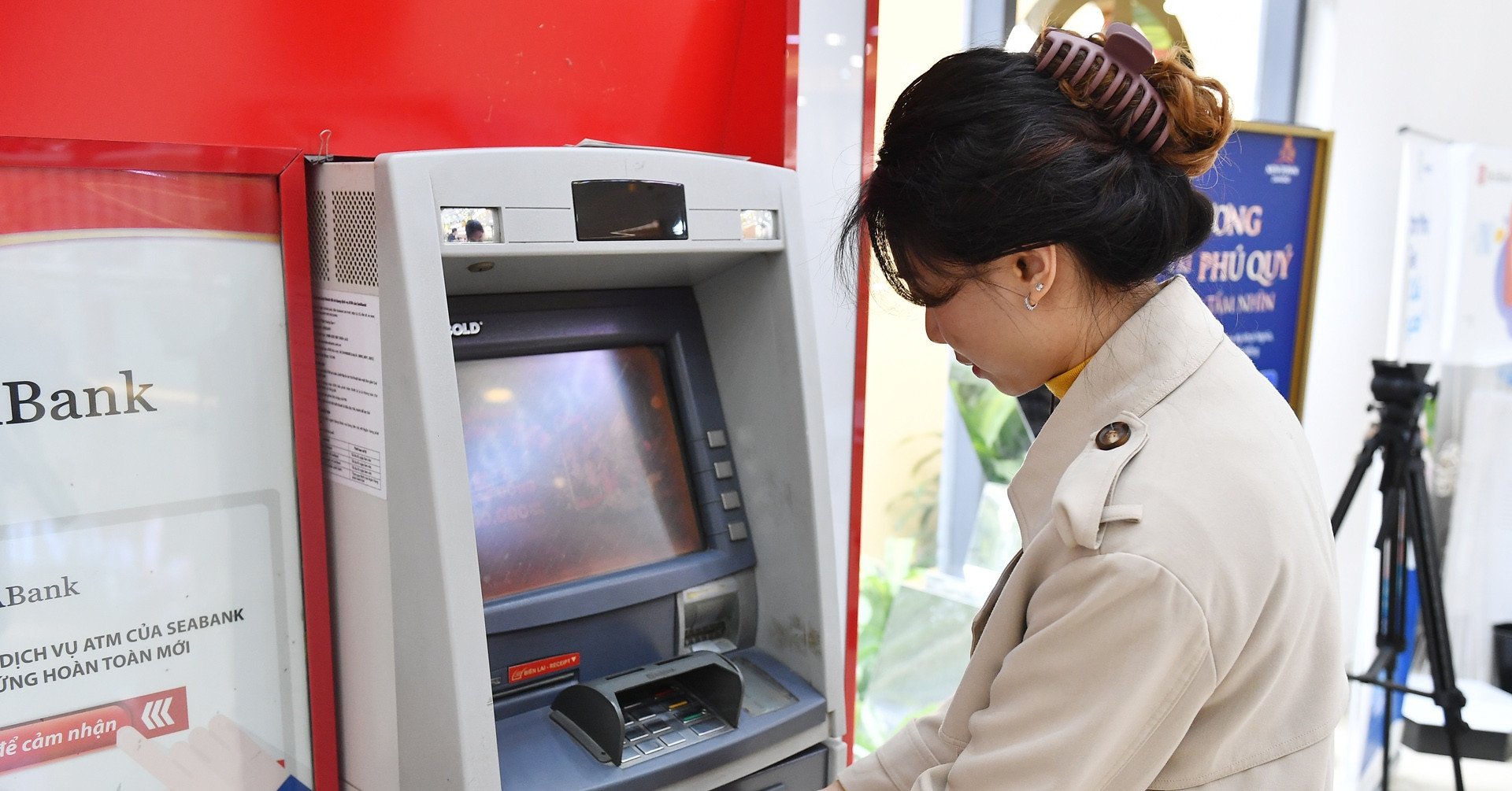
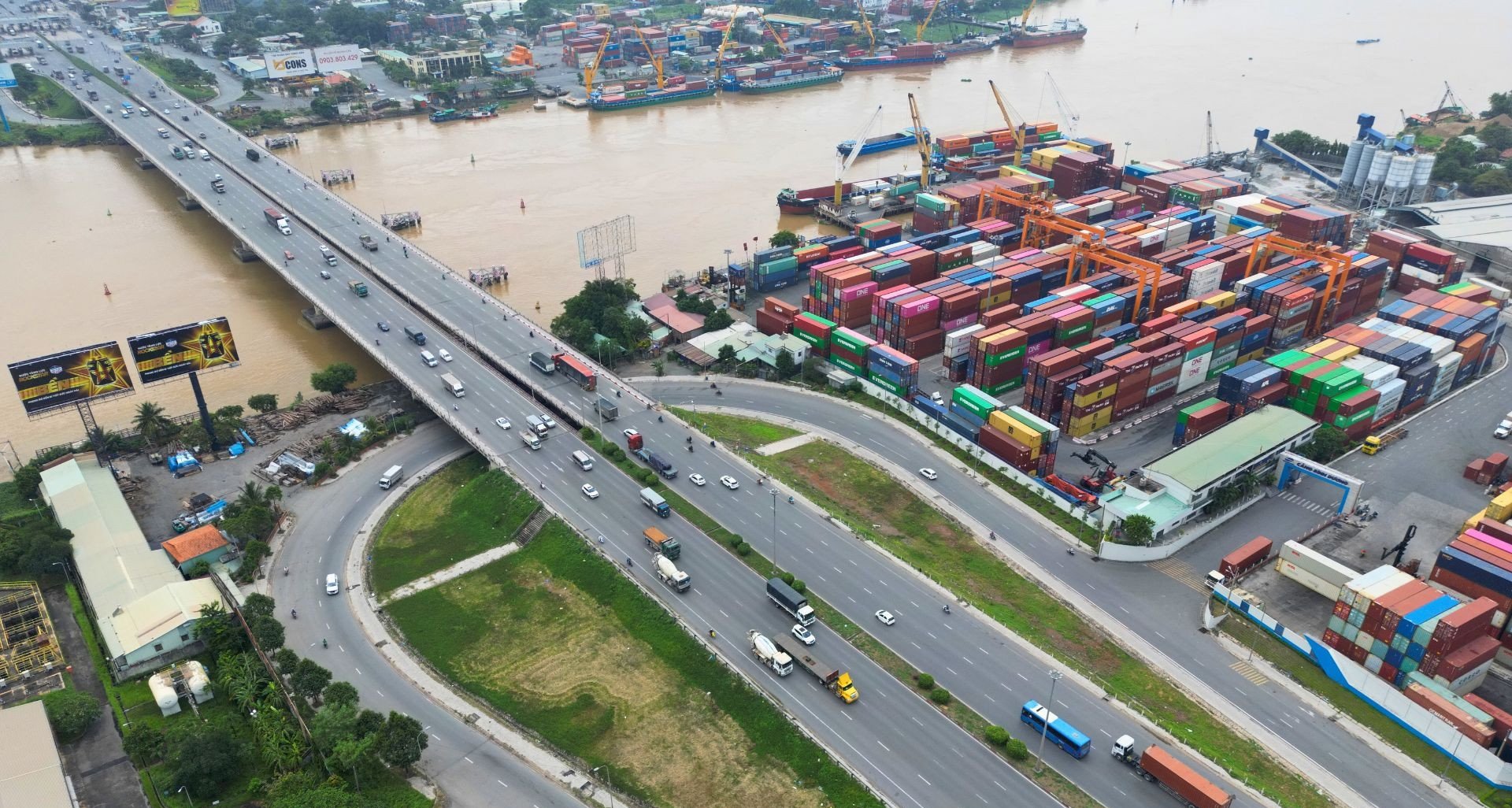

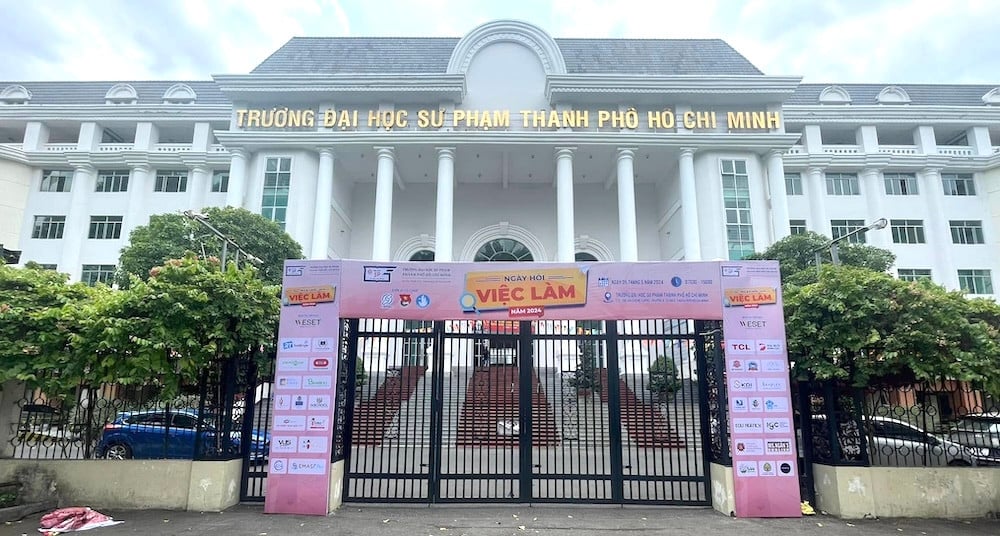














Comment (0)